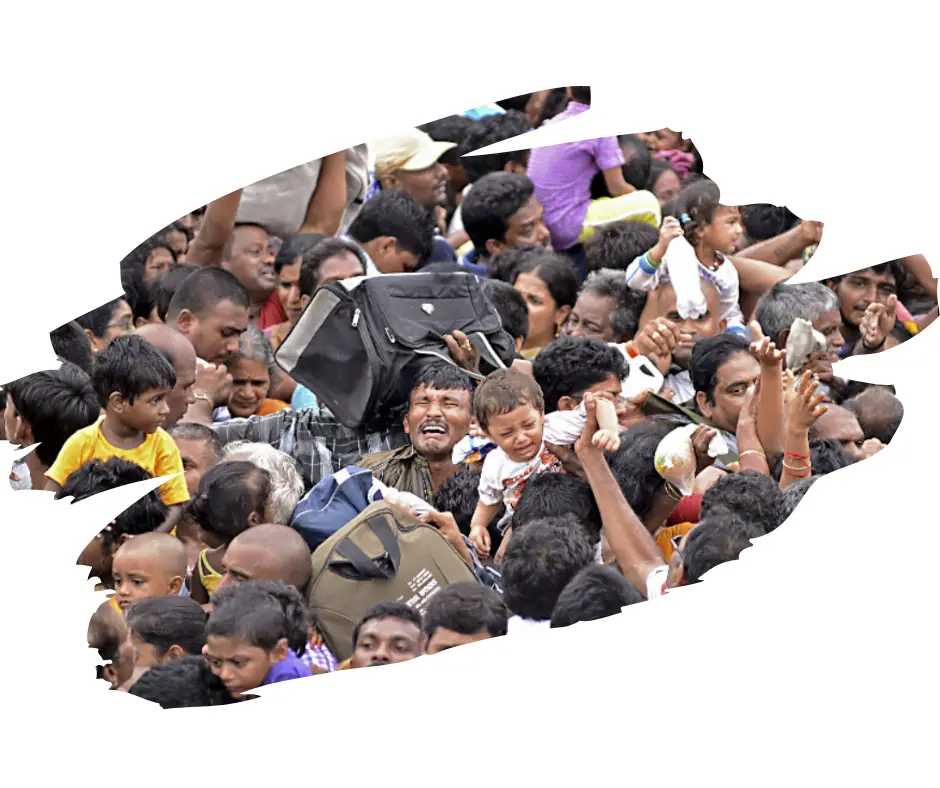Chief Justice and Its Role in the Judiciary
As the highest-ranking judge in a nation’s judiciary, the Chief Justice typically presides over the Supreme Court or its equivalent. This role involves several critical responsibilities:
Judicial Leadership
The Chief Justice oversees the court’s operations and significantly influences the judiciary’s direction. This includes managing court activities, assigning cases to other justices, and making pivotal decisions about the judicial budget.
Case Presidence
The Chief Justice often presides over the most significant and high-profile cases. While they have a single vote in decisions like other justices, their leadership role can grant them substantial influence.
Judiciary Representation
As the judiciary’s public representative, the Chief Justice engages with legislative and executive branches. This role may involve advocating for judicial issues, safeguarding judicial independence, and promoting the judiciary’s budget.
Constitutional Role
In many countries, the Chief Justice has a constitutional role. This can include administering the oath of office to the President or Prime Minister, advising on constitutional matters, and participating in constitutional amendments.
Judicial Appointments
Depending on the country’s legal framework, the Chief Justice may appoint judges to lower courts, either directly or indirectly.
The exact duties and powers of the Chief Justice vary based on the nation’s legal and political structure. For example, in the United States, the Chief Justice of the Supreme Court not only leads court proceedings but also supervises impeachment trials in the Senate.
In Bangladesh, the Chief Justice plays a crucial role in maintaining the rule of law and defending the constitution. During political unrest, this role is vital for upholding judicial independence and integrity.
Key Points About the Chief Justice of India
Role and Position:
The Chief Justice of India (CJI) heads the judiciary and the Supreme Court. Appointed by the President of India based on seniority, the CJI is the Supreme Court’s senior-most judge and chief administrator.
Dr Justice Dhananjaya Y Chandrachud is the current CJI.
Powers and Responsibilities:
- Judicial Duties: The CJI presides over important cases, assigns cases, and forms benches for specific matters.
- Administrative Powers: They allocate work among Supreme Court judges and manage case rosters.
- Appointment of Judges: The CJI, as part of the Collegium system, recommends judicial appointments to the President.
- Judicial Review: Along with other judges, the CJI can declare laws or executive actions unconstitutional.
- Advisory Role: The CJI may advise the President on legal matters, though this advice is not binding.
Constitutional Role:
- Oath of Office: The CJI administers the oath to the President and Vice President.
- Impeachment: The CJI oversees impeachment proceedings against higher judiciary judges.
Judicial Independence:
The CJI is crucial in preserving judicial independence and shielding the judiciary from external influences, particularly from the executive and legislative branches.
Tenure:
The CJI’s tenure is not fixed by the Constitution but is determined by the judge’s age, with retirement at 65. Upon retirement, duties transfer to the next most senior Supreme Court judge.
Landmark Cases and Influence:
The CJI has led several landmark cases impacting Indian law, especially in fundamental rights and constitutional interpretation. Their influence extends beyond the courtroom to legal policy and justice administration.
Context of the Event
In August 2024, Chief Justice Obaidul Hassan’s resignation caused a significant shift in Bangladesh’s political scene. This event followed widespread protests against Prime Minister Sheikh Hasina’s government, accused of human rights violations and political repression. The protests, led by students and activists, demanded substantial reforms, including judicial changes.
What Happened Before the Resignation
On August 10, 2024, the Anti-Discrimination Student Movement organized a large protest at the Supreme Court in Dhaka. The demonstrators demanded that Obaidul Hassan and other senior justices resign within an hour, threatening to storm judges’ homes if their demands were not met.
Facing intense pressure and security concerns, Obaidul Hassan decided to retire. His resignation letter was promptly sent to the Ministry of Law and forwarded to President Muhammad Shahabuddin.
Reasons Behind the Resignation
The resignation was seen as a crucial step to restore the judiciary’s credibility. Allegations against Chief Justice Obaidul Hassan included claims of his involvement in a plot to undermine the interim administration and accusations that the judiciary had been compromised under his leadership.
Current Circumstance
A replacement for Chief Justice Obaidul Hassan has yet to be named. The interim administration, led by Nobel laureate Muhammad Yunus, is expected to make this appointment soon. Choosing a new Chief Justice is crucial for meeting the protestors’ demands and stabilizing Bangladesh’s judiciary.
Could Syed Refaat Ahmed Be His Successor?
Syed Refaat Ahmed, a respected Supreme Court Justice known for his expertise in human rights and constitutional law, is a potential successor. His reputation for independence and integrity makes him a strong candidate to restore public confidence in the judiciary during this turbulent period.
In Summary
Chief Justice Obaidul Hassan’s resignation marks a significant moment in Bangladesh’s ongoing political crisis. The actions of the interim administration and the appointment of a new Chief Justice will greatly influence the nation’s legal and political landscape.
Read more about Bangladesh Protest in “News Album“
Wanna Explore More Articles?

Baba Siddhnath Temple Stampede: 7 Dead
Stampede at Baba Siddhnath Temple, Bihar, kills 7 and injures 9 during Sawan rituals.
India’s New Broadcasting Bill
New Broadcasting Services Bill updates media laws for TV, radio, OTT

Not Satisfied with these?
Visit the Category Page and Select the category you want.
The Page “Galactic Gazette” is the property of Paraworld.in, any activity against our Privacy Policy will be punishable.
